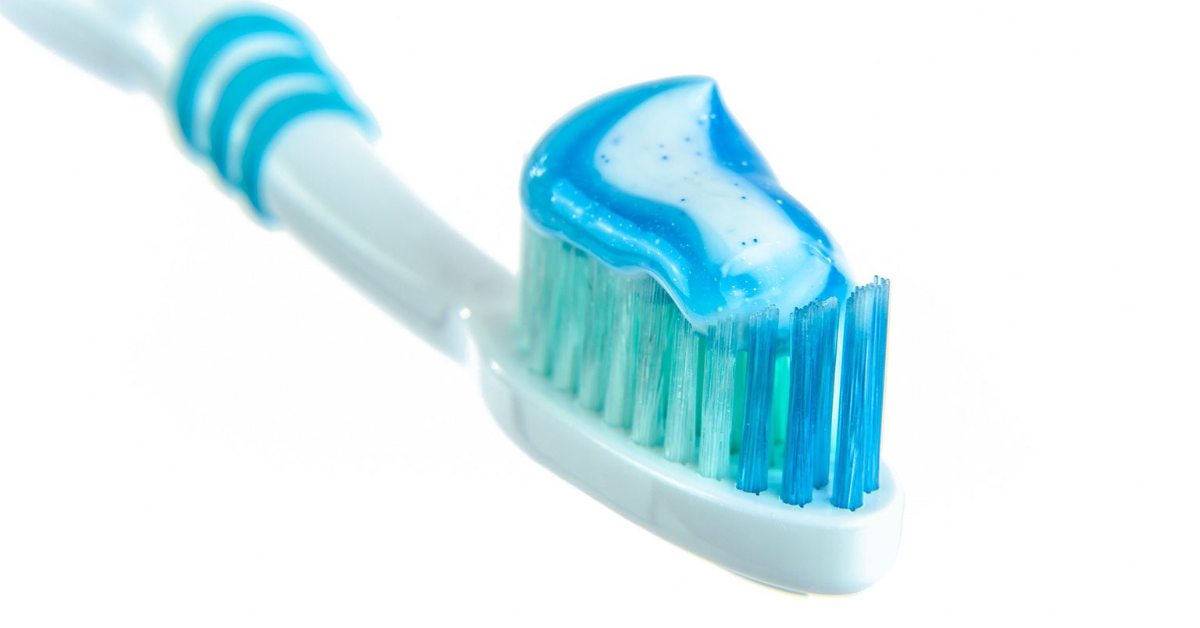5 Important Facts About Teen Braces Procedures Parents Should Know

When it comes to braces for teens, some parents are anxious about taking their children to an orthodontist. But orthodontics treatment is necessary when your children have dental issues, particularly during their teenage years. Here are some facts you need to know before taking your teen to see an orthodontist.
1. It’s the Best Time for Treatment
The most common time for getting braces is during the teenage years, typically between the ages of 13 and 16. At this time, the teeth have stopped growing, making it an ideal time for braces.
Additionally, the jaw is gradually growing, which allows for significant adjustments to straighten teeth. In late adulthood, it is harder for the jaw and gums to adjust to these changes. Teenagers may also heal faster than older adults, whose immune is losing its capacity with age.
2. Prepare for Wisdom Teeth
Wisdom teeth appear after all the other molars come in, usually between ages 16 and 25. If there are malocclusions, the wisdom teeth may be blocked when they erupt. Unless you seek orthodontics treatment, the tooth can cause gum disease, bad breath, pain, and other oral health problems.
The advantage of getting braces during the teen years is that the wisdom teeth will often erupt without issues. Straightening the teeth prevents overcrowding, which can otherwise hinder the molars from erupting. Sometimes orthodontists will refer to it as having an impacted tooth.
When your teeth are impacted, it can have several effects on your oral health. The adverse effects may include:
- Pain and aches
- Inflammation of the gums
- Adjacent teeth may break
- It may cause tooth decay
- It may increase susceptibility to gum disease
3. It’s Important to Improve Dental Hygiene during Recovery
One of the challenges of getting teen braces is maintaining oral hygiene after the procedure. Teenagers may be reluctant to stick to dietary and dental care protocols which can put their health at risk.
Most orthodontists provide basic training on effective dental hygiene practices that support a successful recovery. Follow-ups track the progress of the treatment to detect issues. Your orthodontist will remind you to maintain the dental regimen if they notice your progress is lagging.
4. You Might Need to Deal with Orthodontic Treatment Anxieties
People across all age groups tend to have a phobia of the dentist’s office. For teenagers, the fear is compounded by anxieties about wearing braces and being judged by their peers.
However, some teens look forward to the opportunity to straighten their teeth. Parents should talk through the benefits and challenges of wearing braces to their children. It will help with their recovery and self-esteem.
5. Treatment will Boost Confidence and Social Health
Self-esteem is essential for our overall wellbeing, especially during our teenage years. Using braces to help their teeth can boost confidence and will be beneficial to their social life. According to statistics, 47% of Invisalign teens reported a boost in self-esteem, compared to 22% wearing metal braces.
Treatment is crucial for your overall health when you have an oral problem, like crooked teeth and misalignments. When you’re ready to rely on the orthodontists office you can trust, contact Smiley Face Braces today.

